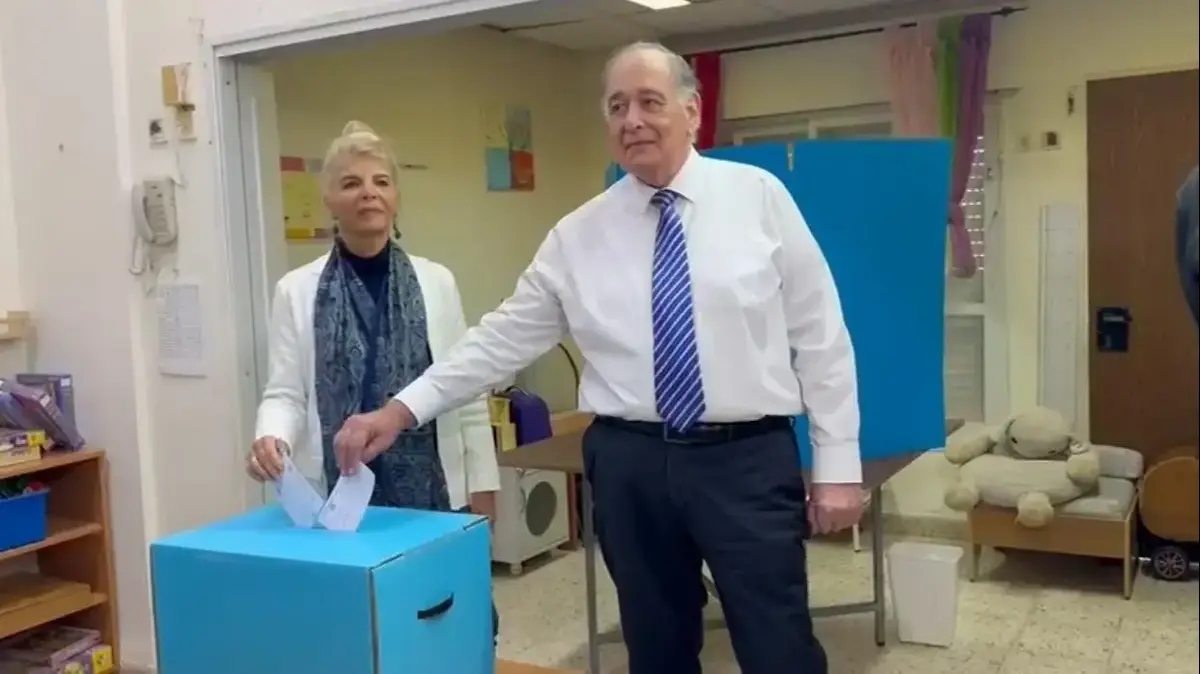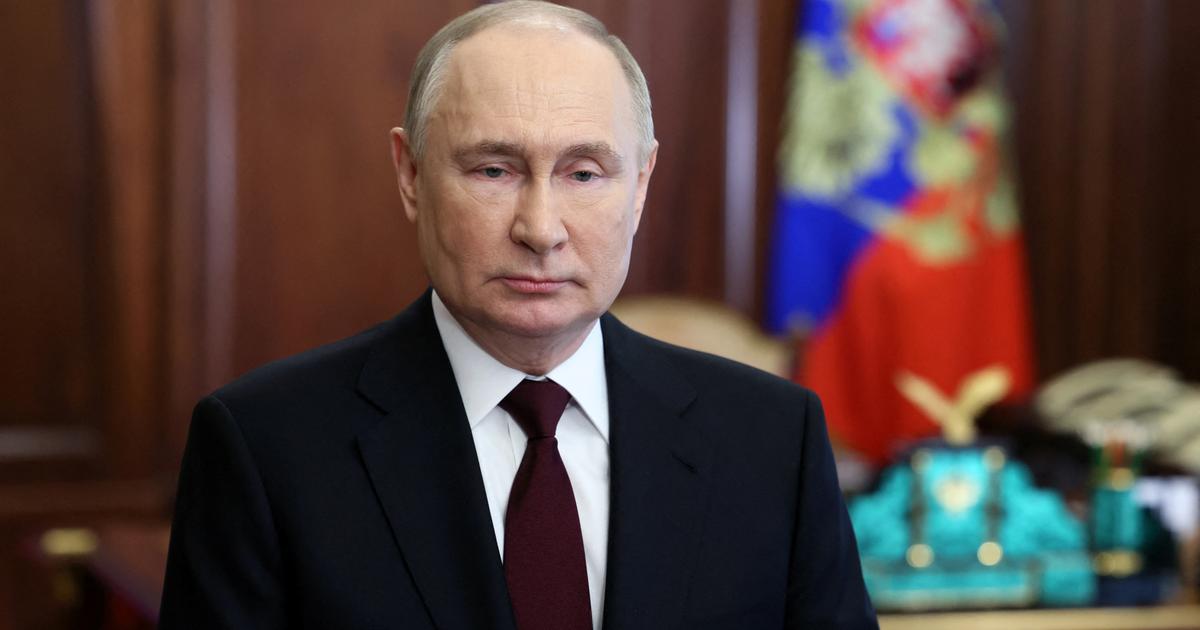Passengers ride a public bus in Rio de Janeiro, Brazil. RICARDO MORAES (Reuters)
Go vote or buy a kilo of rice?
In most Brazilian cities, a round trip by bus or subway is around eight reais (1.5 euros or dollars).
It may not seem like much, but in a country with 33 million people going hungry, the cost of public transport makes many prefer to save that money to buy some food.
In Brazil, voting is mandatory, but the fine for not doing so is symbolic, 3.51 reais (0.65 euros or dollars).
It is cheaper to pay for it than to get up from the sofa and get on a bus.
In the first round, more than 31 million Brazilians stayed at home, just over 20% of all those who were called to vote.
To fight abstention, already then, many cities and states promoted free public transport on election Sunday, a movement that has gone further when the final face-to-face between Lula and Bolsonaro approaches this Sunday, October 30.
A total of 26 capitals of the country's states will have free buses, and another 150 cities have also joined the initiative.
Many of them will even post reinforcements.
In São Paulo, home to almost 12 million people, the city council will put 2,000 extra buses to reinforce the operation on Sunday.
It is an unprecedented movement, which has not occurred in previous elections.
For Vitor Mihessen, coordinator of Casa Fluminense, one of the more than 70 entities that have pressured the authorities through the platform 'Pase libre por la democracy', the mobilization is good news.
Remember that to the pure economic cost are added the circumstances that affect the most vulnerable: "There are many people on the street, people who have lost their homes, and keep their voter title in the place where they lived before, for example, or people that due to the crisis they have had to go to live in a cheaper neighborhood, or a favela, and they have not updated their polling place,” he explains in a telephone conversation.
Not everyone lives near the polling station where they must vote.
In addition, Brazilian public transport is still suffering the consequences of the covid-19 pandemic.
With the fall in the number of passengers, the bus concession companies (the system used by the vast majority of the population) cut many lines, which have not circulated since then, so mobility problems have multiplied.
For this reason, Mihessen stresses that it is important not only to ensure that transportation is free, but that it actually works.
"All this is useless if Sunday comes and there are no buses, or they run every two hours," he stresses.
At first glance, it might seem that there is a political consensus in favor of participation in the “festival of democracy”, but this is not exactly the case.
Before the first round, Bolsonaro's campaign team appealed to the Electoral Court requesting that the gratuity be prevented, alleging that it was a "serious interference" in the operation of public transport that could benefit some candidates, and that many municipalities could not assume that financial cost.
The Electoral Justice responded by qualifying these arguments as "absurd", for comparing the universality of public transport with the clandestine transport of groups of voters to vote for a certain candidate, something prohibited by law.
The Federal Supreme Court also cleared doubts, emphasizing that the mayors who promote free public transport will not commit any crime against the administration, which gave peace of mind and encouraged many cities.
Behind the misgivings of the Bolsonaro campaign is the fear that these measures benefit Lula.
Those who travel by bus have less purchasing power, and as a general rule, the poor tend to vote more for the leader of the Workers' Party (PT) than for Bolsonaro.
This fear is also observed at the regional level, with governors or mayors allied with the current president putting obstacles or obstacles to free transportation.
The conservative Government of the State of São Paulo, on which the important metro and train network depends, has not yet ruled on this debate, despite strong pressure from the Prosecutor's Office, which asks the regional Justice to force guarantee the Right to zero rate.
Something similar happens in Rio de Janeiro;
although the city, in the hands of an ally of Lula, does guarantee free buses, the train and boat network that connects the metropolitan area, in the hands of a Bolsonarist governor, in principle they will continue to be paid.
In Minas Gerais, a key state that tends to tip the balance, Governor Romeu Zema, an ally of Bolsonaro, refused free voting, and allies of Lula accuse him of pressuring the mayors of decisive cities not to facilitate the vote either.
“Zema is asking the mayors not to help the voters to vote, that is a crime.
Voters in rural areas, with low incomes, need help from public power to be able to exercise their citizenship”, progressive senator Alexandre Silveira said these days.
Subscribe here
to the EL PAÍS América newsletter and receive all the key information on current affairs in the region.








/cloudfront-eu-central-1.images.arcpublishing.com/prisa/Z54YD2WUPOJCLTTEOIMZQJIPZY.jpg)
